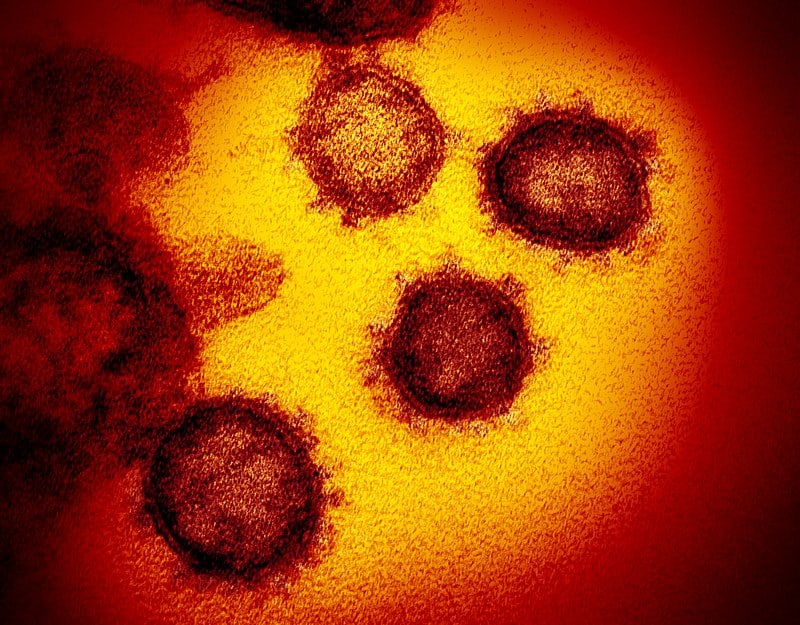
SARS-CoV
Severe acute respiratory syndrome–related coronavirus (SARSr-CoV or SARS-CoV) is a species of coronavirus that infects humans, bats and certain other mammals. It is an enveloped positive-sense single-stranded RNA virus that enters its host cell by binding to the angiotensin-converting enzyme 2 (ACE2) receptor. It is a member of the genus Betacoronavirus and subgenus Sarbecovirus.Two strains of the virus have caused outbreaks of severe respiratory diseases in humans: severe acute respiratory syndrome coronavirus (SARS-CoV or SARS-CoV-1), which caused the 2002–2004 outbreak of severe acute respiratory syndrome (SARS), and severe acute respiratory syndrome coronavirus 2 (SARS-CoV-2), which is causing
the current pandemic of coronavirus disease 2019 (COVID-19). There are hundreds of other strains of SARS-CoV, all of which are only known to infect non-human species: bats are a major reservoir of many strains of SARS-related coronaviruses, and several strains have been identified in palm civets, which were likely ancestors of SARS-CoV.The SARS-related coronavirus was one of several viruses identified by the World Health Organization (WHO) in 2016 as a likely cause of a future epidemic in a new plan developed after the Ebola epidemic for urgent research and development before and during an epidemic towards diagnostic tests, vaccines and medicines. The prediction came to pass with the COVID-19 pandemic.
